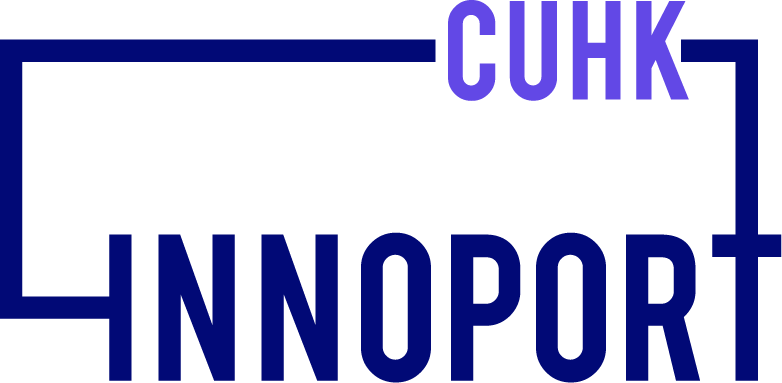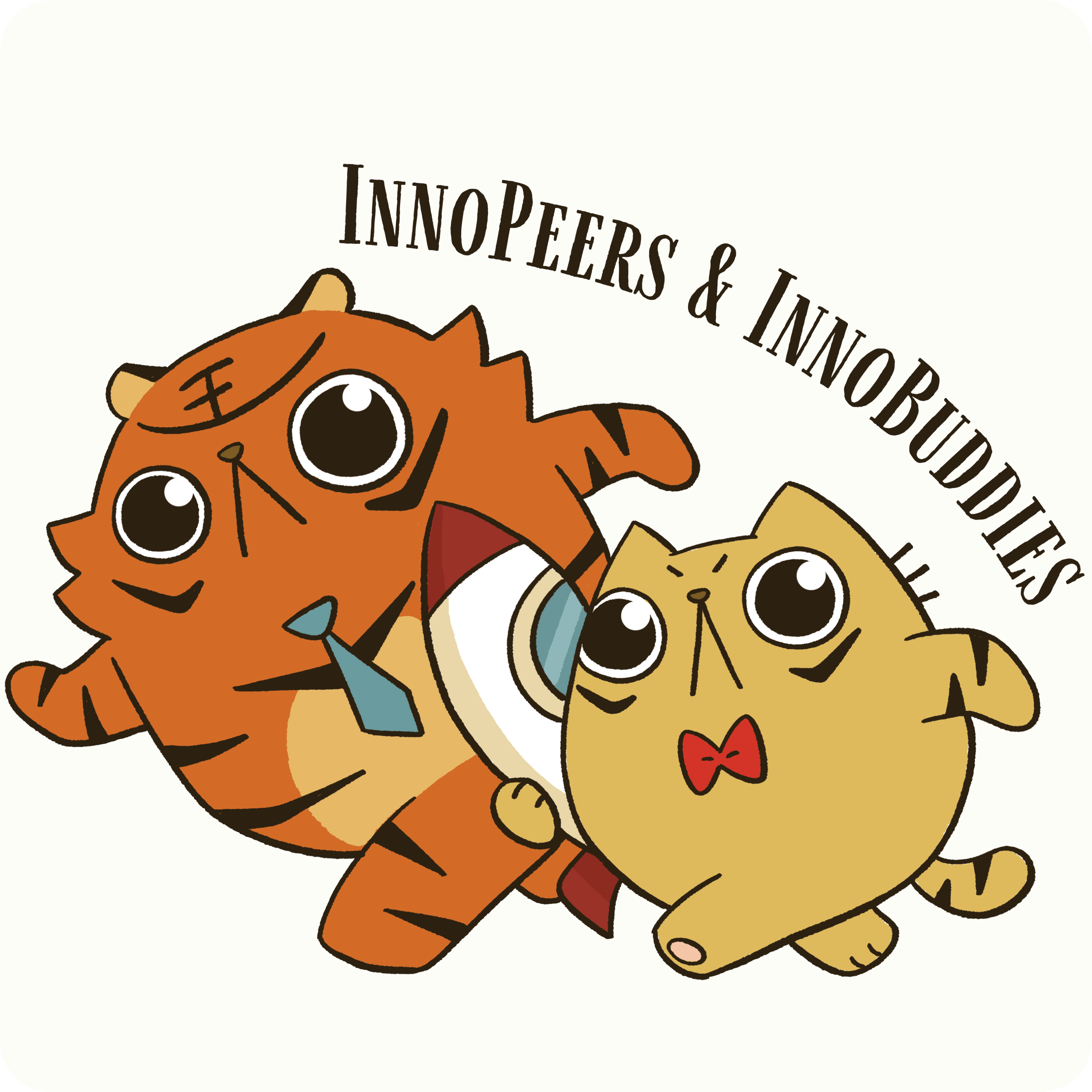Prof Raymond Sum, Associate Dean (Undergraduate Studies) and Associate Professor of Department of Sports Science and Physical Education, CUHK, strides in pride from the academia to being the CEO of a social enterprise. “This is the attitude of an elite sportsperson — ‘You want to challenge me? You better do!’” Sportspersons are always well prepared. Raymond’s robust physique is shaped by persistence and self-discipline.
To Raymond, sports are his inspiration and motivation. He gets up at 7am every morning to work out. Steadiness is the requisite of his social enterprise PLACY — Physical Literacy Academy for Children and Youth, which promotes physical and mental health by self-management and care at an early age.
Raymond received muscle training with gymnastics at teenage, when he also participated in a variety of sports such as folk dance, basketball and athletics. At that time there was not any degree programme in Hong Kong in physical education. He went to National Taiwan Normal University to study physical education, and pursued a master’s degree in Springfield College of US, the birthplace of basketball. He then returned to Hong Kong to start teaching. After a few years of teaching in secondary school and then in CUHK, Raymond received his PhD from the University of Leicester of UK in 2004.


“My research interest is Physical Literacy. Physical literacy means mastering physical fitness, learning sports knowledge, and building confidence and motivation from a young age so that as you grow up, you will also pay attention to your physical health, socialise better and maintain good mental state. It is actually an important process of life.”
Inspirations from the new diving champion
The pandemic has not enervated Raymond’s passion in teaching and research. “If I take a step forward while others are in a halt, I actually proceed way further. I have mustered a lot of ideas tacitly over the last 3 years.”

“During the 7-day quarantine upon returning from a trip to Taiwan, I watched Tokyo Olympic Games broadcast as I worked in the hotel room. I was thrilled to witness this on the TV screen — Quan Hongchan, who was selected to China’s Diving Team at the tender age of 13, won the competition with almost perfect scores. She grew up in a rural village and was recruited for diving training when she was still very young. In merely 4 years she could master complex and difficult feats for world championship. I hence ponder, how about schoolchildren in Hong Kong? How to build up a standardised physical fitness test set?”
Raymond at once discussed related professional propositions with his colleagues in Physical Education Unit, and conceived a business plan with CUHK ORKTS. After collecting feedback from principals of primary and secondary schools, he started writing the proposal in September 2021, and in April 2022 he was awarded the CUHK Sustainable Knowledge Transfer Project Fund (S-KPF) to set up the social enterprise PLACY.
Prof Sum is grateful for the support of CUHK management , Department of Sports Science and Physical Education and Physical Education Unit, as well as the input from ORKTS. “The ORKTS team is familiar with the market and assists us to enhance the business model and budget planning out-and-out.”
Science of physical education and sports
“Our team has heightened the contents of Long Term Athlete Development Model (LTAD) and sports skill assessment to examine the physical development of adolescents at different stages, such as cardiorespiratory endurance, flexibility, balance and coordination.”
Good athletes always know the right moment to make the right decision. Raymond explicates, “Team sports require keen judgment on actions such as shooting, passing and scoring. We found that people with these qualities often had them developed from an early age.”
“This is what lacks in sports training in Hong Kong. Schools seldom systematically measure children’s basic motor abilities during their early developmental stages. In comparison with people in other Asian countries, Hong Kong people have relatively weak upper limb abilities.
Although schoolchildren are often seen tossing bean bags, throwing training is absent in PE class. Whereas in China, Japan, South Korea and Taiwan, sports courses for youths such as softball, baseball, badminton and javelin involve systematic training.”
Is it normal for young children to have low athletic ability? “Basic sports abilities are essential in daily life, such as dodging in case of accident. Physical fitness assessment is thus very important. It is of course good to discover students with good abilities early, but we should not overlook students who are slow in development, and refer students with special needs to relevant institutions as soon as possible.”

“Most university students fell short of the tests. Take myself as an example, I like playing and exploring around when I was a kid, and developed these skills through play and activities in daily life. Today we aim at doing so scientifically. It is importance to provide incremental training to young people, and encourage schoolchildren to master their physical literacy and basic sports skills from a young age.”
To poach and coach
PLACY welcomes parents and schools to bring primary and secondary school students to take tests and activities to realise their potentials. “PLACY-Academy. Our name shows that assessments aside, we are more like an academy which matches students’ abilities with suitable sports and gives advice. We also have rankings, awards, certificates and scholarships to encourage students who wish to take competitive sports. These measures recognise their “special talents” and highlight their various abilities, making it easier for schools to develop physical education curricula and sports programmes.
PLACY also provides training for assessors in Physical Literacy and Fundamental Movement Skills Assessment Leader Certification (PLFMSAL) to nurture Long-Term Athlete Development (LTAD) Specialists so as to bring PLACY to schools and communities at all levels. At the same time, workshops for teachers and voluntary consultancy are in place to help enrich course contents and improve learning environments for schools. Prof Sum is exhilarated in sharing the development of this social enterprise.
”It’s my first social enterprise, and it feels great!”

It is both the mission of social enterprises and Raymond’s wish to address social problems and achieve UN SDGs (Sustainable Development Goals) through integrating academic, professional, creative elements in business models.
“First, we hope to care for children from low-income families. We provide subsidies for children with financial difficulties who have no access to sports tests. Second, we hope to help minority families who are often marginalised. Their ability to cope with adversity is required of athletes.”
As the founding president of the Chinese Physical Literacy Association, chairman of the Executive Committee of Physical Fitness Association of Hong Kong (PFAHK), member of International Physical Literacy Association (IPLA), and regional leader of Physical Literacy Special Interest Group of Asia-Pacific Society for Physical Activity, Professor Sum is well-connected through years of work experience, such as school networks in China, Hong Kong, Macao and Taiwan. The success in synergising strengths in sports, education, professional associations and NGOs to set up a social enterprise should just come naturally?
Raymond admits that it is not as simple as it seems for social enterprises operate with fees. “I have at least call on school principals, directors and teachers 20 times on our programmes. They always hesitate upon the mentioning of fees. A school principal has frankly said that it’s impossible to charge any fees as all students are from all low-income families.”


“CUHK has given me a lot of opportunities at different times.” Raymond was the recipient of University Education Award 2019 (Team Category). In giving back to CUHK and the society, Raymond believes that attitude is everything, “It’s useless to be anxious. What I have learnt is that you cannot build on an unstable foundation. I don’t think about bad things. I just focus on the good. I’m raising ‘PLACY’ as a kid — it’s difficult to predict what it may become, but it will shine when the time is right. “


“Crisis is the best opportunity. When others halt, I go.”
Raymond loves to share life experiences with Sports Science students during term assembly. “Take every challenge as the last; do your best as it is the last chance, and do better if there is another. Do everything wholeheartedly.”
“I was from a poor family. Before I went to university, between the age of 18 to 21, I worked as a courier at a bank in Central. So I understand what it means to be grassroots. I enjoyed riding the ferry to work — happiness was simple back then. My monthly salary was $1500. To save up for university, I would put aside $300 and change the sum into 30 ten-dollar notes, each marked with number 1 to 30. I would only use $10 per day, $8 for lunch and $2 for transport. In the third year, I rewarded myself each weekend $50. Now I am serving the society. Those were happy days.”


Raymond wants young people to understand the importance of striving for better. “I often tell my students that I had a happier youth than theirs. You will lose it when you take things for granted. How can you improve if you don’t work hard? You are the only one who can give up on yourself.”
“In 2019, in addition to the series of social incidents, seven of my relatives and friends passed away within that year, including my mother, younger brother, teacher, classmate, colleague, and a 30-year-long basketball teammate who was a professor in Chemistry. He passed away at the age of 49. How could I not keep my chin up? That’s life. So let’s deal with it one by one.”
Despite the many schools of martial arts, internal strength is the foundation of all. In light of life’s ups and downs, Raymond’s internal strength vests in consistent training. “I work out everyday at 7:00am to 7:45am, and two basketball games a week. I am a very competitive player even with students and fellow alumni. They find my vigour intimidating! I hope I can stay active every day. A tough game gives me sore muscles but it also helps me to relax, and I don’t have to think about anything. A rubber band pulled tight has to loosen at some point.”
Life is like a sports competition with ups and downs. Now that he is on the field, Raymond wishes everyone to enjoy sports and befriend with teammates, “No matter what, stay healthy and happy.”

Additional Information
Original text in Chinese:Alice Fong @ORKTS
English translation:Miriam Lee
***
Not yet a subscriber? ! Do it now!
Curated by InnoPort Team, one email to feed you the hottest info and story from the innovation universe — CUHK and beyond!
***
Where Ideas Root and Flourish




